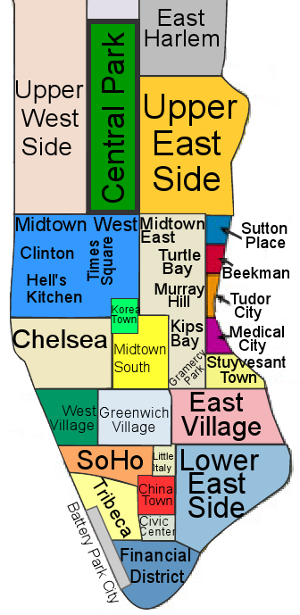Google does/does not censor autocomplete
Krisztina Radosavljevic-Szilagyi, a Google spokeswoman, wrote: "The search queries that you see as part of autocomplete are a reflection of the search activity of all Web users."
Search engines have long provided clues to the topics people look up. But now sites like Google and Bing are showing the precise questions that are most frequently asked, giving everyone a chance to peer virtually over one another's shoulders at private curiosities. And they are revealing interesting patterns.
Frequently asked questions include: When will the world end? Is Neil Armstrong Muslim? Was George Washington gay?
The questions come from a feature that Google calls "autocomplete" and Microsoft calls "autosuggest." These anticipate what you are likely to ask based on questions that other people have asked. Simply type a question starting with a word like "is" or "was," and search engines will start filling in the rest.
People who study online behavior also say the autocomplete feature reveals broader patterns, including indications that the questions people ask of search engines often veer into the sensitive and politically incorrect.
Google does/does not censor autocomplete
The proliferation of the Autocomplete function on popular Web sites is a case in point. Nominally, all it does is complete your search query -- on YouTube, on Google, on Amazon -- before you've finished typing, using an algorithm to predict what you're most likely typing. A nifty feature -- but it, too, reinforces primness.
How so? Consider George Carlin's classic comedy routine "Seven Words You Can Never Say on Television." See how many of those words would autocomplete on your favorite Web site. In my case, YouTube would autocomplete none. Amazon almost none (it also hates "penis" and "vagina"). Of Carlin's seven words, Google would autocomplete only "piss."
Until recently, even the word "bisexual" wouldn't autocomplete at Google; it's only this past August that Google, after many complaints, began to autocomplete some, but not all, queries for that term. In 2010, the hacker magazine 2600 published a long blacklist of similar words. While I didn't verify all 400 of them on Google, a few that I did try -- like "swastika" and "Lolita" -- failed to autocomplete. Is Nabokov not trending in Mountain View? Alas, these algorithms are not particularly bright: unable to distinguish between Nabokov's novel and child pornography, they assume you want the latter.
Why won't tech companies let us freely use terms that already enjoy wide circulation and legitimacy? Do they fashion themselves as our new guardians? Are they too greedy to correct their algorithms' mistakes?
-- EVGENY MOROZOV
Type "why are Americans," and the autocomplete choices include "fat," "stupid" and "patriotic." Substitute "Chinese," and the autocompletes include "skinny," "rude" and "smart." If autocomplete is any indicator, search engine users regularly wonder if Jews are smarter and whether African-Americans are better athletes.
One category of question comes up with puzzling frequency in autocomplete: whether a certain person is gay.
Is Elton John gay? Is Paul Ryan gay? Is Michael Bloomberg gay? The question pops up often, too, when starting searches about George Clooney, the Yankees third baseman Alex Rodriguez, the actress Ellen Page, Genghis Khan, several cartoon characters and even the pope.
This line of questioning is so commonplace that a simple query on Google beginning with "is" can result in autocomplete predicting that you are about to ask, Is Frank Ocean gay? Do the same with Bing, Microsoft's search engine, and it often fills out the question, Is Robin Roberts gay? Though these questions do not pop up every time, they do appear with surprising frequency.
Nick In't Ven, senior program manager at Microsoft's Bing search engine, said that the returns reflect the collective curiosities of its users (and that similar results turn up on Google). He could not say how many times people have to type in a question for it to dominate the feature, but said that for popular single terms, like "Facebook," it is well into the millions.
